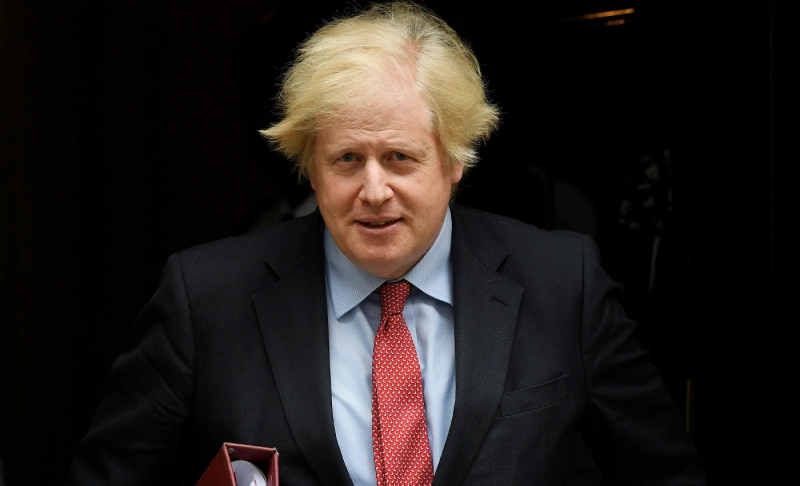By: Laura Vitelli
June 8 2022
False: The BBC censored the crowd booing Boris Johnson at the Queen’s Platinum Jubilee celebrations.

The Verdict False
This claim is based on a misunderstanding of how live events are covered by news channels.
This claim is based on a misunderstanding of how live events are covered by news channels.Context A widely-spread rumor on social media is claiming that the BBC has censored footage of UK Prime Minister Boris Johnson and his wife Carrie Johnson arriving at the Queen’s Platinum Jubilee celebrations last Friday. The claim is being made based on comparisons between the audio of two clips of the same moment in the BBC’s rolling coverage of the event. In the first clip, which was taken from the live broadcast, the crowd can be heard booing Boris and Carrie Johnson as they step out of their car. BBC presenter Jane Hill, who was interviewing royal historian Professor Anna Whitlock and author Catherine Butcher at the time, commented “There is really quite a lot of booing actually, a substantial amount. Didn’t see that coming –– that’s quite a moment.” The second clip, which was taken from a few minutes later in BBC’s rolling coverage, shows a replay of the same moment while Ms. Hill continues with her interview in the background, with the crowd’s booing sounding much less prominent. It is this second clip that is being mistaken for "censored" footage. In fact A Twitter user who claimed to be a BBC sound engineer explained that the first clip is a live mix of these two live audio sources (the presenter’s microphone and the live feed) while the second clip is a mix of live audio from the presenter with recorded playback of the footage from the first clip. The difference in the audio is a result of their being recorded by two different camera crews with two different microphones, which can be seen in the split-screen footage. Another Twitter user, who describes himself as an ITV cameraman, commented that the presenter had been speaking about the crowd's booing, and the sound engineer responsible for editing the coverage would likely have attempted to emphasize the sound of the crowd's booing accordingly. However, as the presenter was interviewing people at the time, the audio was left untouched. In the first clip, the presenter’s mic was closer to the crowd, which means it picked up the booing much more clearly. In the second clip, the footage was played back without the audio from the presenter’s microphone, so that Ms. Hill could continue with her interview. News channels often replay footage in this manner when covering live events. Since there is not always something worth filming at the event, news presenters will conduct interviews or provide commentary or relay relevant information to the audience while footage from key moments of the day’s recent events is shown on screen. Verdict The claims that have been circulating are based on a misunderstanding of how news events are covered by large channels such as the BBC. Censorship is a serious issue, and it is important that people’s concerns be taken seriously and investigated. In this instance, there is no evidence to suggest censorship on the BBC’s part. We have therefore marked the claim as false.


